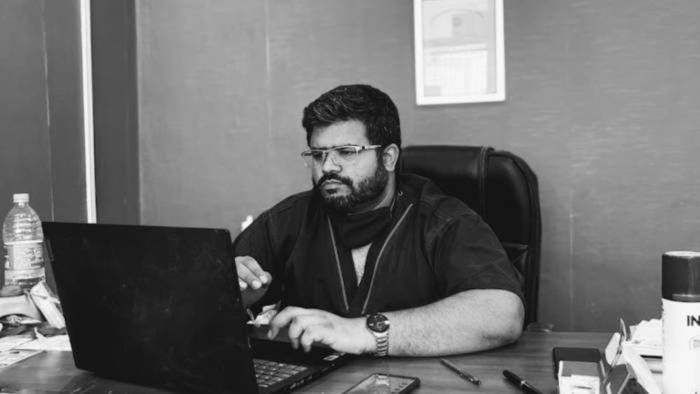
What Happens if Piles are Left Untreated
Swollen veins in the anus or surrounding the rectum are called hemorrhoids, or piles for short. Hemorrhoids are usually rarely life-threatening, despite the fact that they can be uncomfortable and inconvenient. Investigating hemorrhoids' nature, causes, symptoms, and potential complications is essential to determining whether piles can be lethal. You can go near Piles Specialist in Agra.
Understanding Hemorrhoids:
- Straining during bowel movements
Veins in the rectum or anus may enlarge as a result of pressure from excessive straining.
- Chronic constipation or diarrhea
Hemorrhoids can be more likely to form in conditions that result in frequent bowel motions or difficulties passing stool.
- Pregnancy
Hemorrhoids can also arise as a result of pressure placed on the abdomen during pregnancy.
Symptoms of Hemorrhoids:
- Rectal bleeding
Hemorrhoids frequently manifest as this at first. Blood may appear in the toilet bowl or on the toilet paper following a bowel movement.
- Pain or discomfort
In particular, during bowel motions or extended periods of sitting, hemorrhoids can be painful or uncomfortable.
- Swelling or lumps
Swelling around the anus, sometimes felt as lumps, can result from external hemorrhoids.
Complications of Hemorrhoids
- Thrombosis
Thrombosed hemorrhoids are a condition where blood clots form on external hemorrhoids. Medical attention might be necessary because of the potential for significant pain and swelling.
- Anemia
Anemia, a disorder marked by a lack of red blood cells or hemoglobin in the blood, can result from hemorrhoids that bleed excessively over time. If neglected, severe anemia may become fatal.
- Strangulation
Seldom can internal hemorrhoids become strangulated, which means that the hemorrhoid's blood supply is severed. This needs to be treated very away because it can result in gangrene, which is extremely painful tissue death in the affected area. You can easily search Best Doctor of Piles in Agra. Sanitation and hygiene are given first priority by Dr. Karan R. Rawat at Safe Surgery to provide a secure environment.



